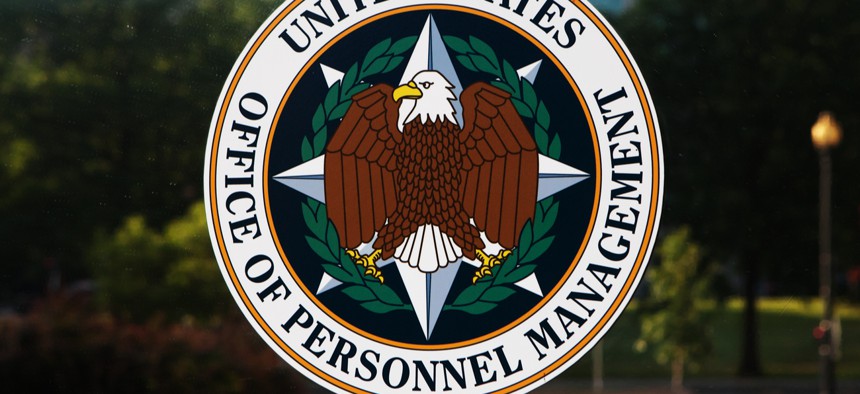
Shutterstock.com
OPM Implements Recent Pay and Benefits Changes
Acting OPM Director Kathleen McGettigan highlighted changes related to paid leave, premium pay, allowances related to military service and more.
The Office of Personnel Management on Tuesday reminded agencies of changes to federal workers’ pay and benefits that were enacted into law as part of a pair of packages in late 2020, chief among them technical corrections to ensure that a new paid parental leave policy applied to all federal workers.
In a memo to agency heads, acting OPM Director Kathleen McGettigan highlighted a number of federal workforce provisions that were included in the omnibus spending package to keep the government open until Sept. 30 and the 2021 National Defense Authorization Act.
Among those provisions were technical corrections to ensure that the federal government’s new policy providing federal employees with up to 12 weeks of paid leave in connection with the birth, adoption or foster placement of a child applies to all federal workers. The original policy, passed as part of the 2020 NDAA, did not include non-screener Transportation Security Administration employees and Title 38 medical professionals at the Veterans Affairs Department, among other non-Title 5 positions.
The annual omnibus spending package includes a provision allowing agencies to waive the cap on premium pay an employee can receive each year in connection in work the employee does “in preparation, prevention or response to the coronavirus” in 2020 and 2021, retroactive to February 2020.
“Under this temporary authority, the combination of basic and premium pay, however, cannot exceed the rate of level II of the Executive Schedule as in effect at the end of the applicable calendar year ($199,300 for 2021),” McGettigan wrote. “The additional premium payments are not creditable as basic pay for retirement purposes and must not be included in a lump-sum payment for accumulated or accrued annual leave.”
The 2021 NDAA also extends the Reserve Income Replacement Program until the end of 2021. That program provides income replacement payments to members of the military reserves who experience “extended and frequent” mobilization to active duty.
The NDAA also extended the waiver on the annual cap on premium pay for civilian federal workers stationed overseas until the end of 2021. OPM provided agencies with a summary of elements agencies should include in their policies to implement the provision.
“[The provision] continues to provide the OPM director with the discretion to issue regulations for this wavier authority,” McGettigan wrote. “OPM does not currently plan to issue regulations. However, each agency should establish policies for using this wavier authority if it has covered employees.”
Another agency authority extended as part of the NDAA allows agency heads to provide allowances, benefits and other “gratuities” comparable to those provided to some members of the U.S. Foreign Service if they are on official duty in Pakistan or a combat zone. That authority has been extended until Sep. 30, 2022.
And Navy civilians may receive overtime pay at one and a half times the normal hourly rate, regardless of the annual overtime cap, for those who are assigned to temporary duty to work abroad, or work dockside in support of a nuclear aircraft carrier in Japan until Sept. 30, 2026.
The annual omnibus spending package also extends the long-running pay freeze for senior political officials, including the vice president, until the end of 2021.







